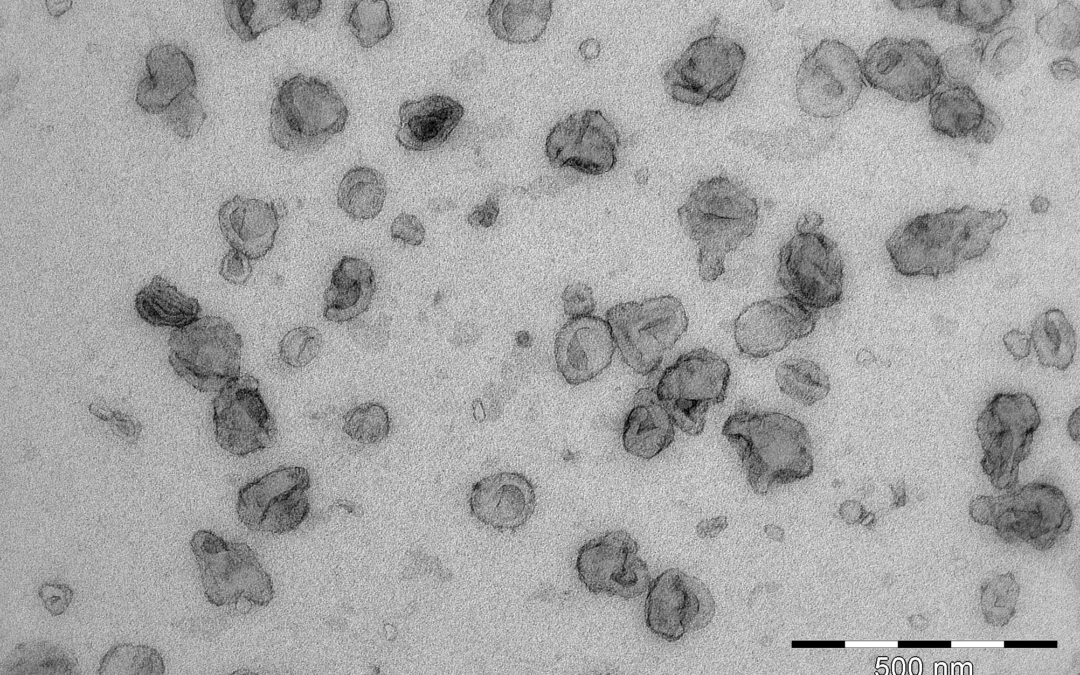Human Cytomegalovirus Modifies Placental Small Extracellular Vesicle Composition to Enhance Infection of Fetal Neural Cells In Vitro
Mathilde Bergamelli, Hélène Martin, Yann Aubert, Jean-Michel Mansuy, Marlène Marcellin, Odile Burlet-Schiltz, Ilse Hurbain,Graça Raposo, Jacques Izopet, Thierry Fournier, Alexandra Benchoua, Mélinda Bénard,Marion Groussolles, Géraldine Cartron, Yann Tanguy Le Gac, Nathalie Moinard, Gisela D’Angelo, Cécile E. Malnou
Viruses 2022, 14(9), 2030;
Human cytomegalovirus (hCMV) infection is a major problem during pregnancy, affecting 1% of births in Western countries, and whose pathophysiology remains poorly understood. In recent years, more and more studies have highlighted the key role of small placental extracellular vesicles (sEVs) in different aspects of pregnancy. In the recent study published by the team of Cécile Malnou and her collaborators, the impact of hCMV infection on the protein composition and function of sEVs in different human placental models was examined for the first time. It has been observed that infection of placental cells alters the protein composition of secreted sEVs, orienting them towards a potential proviral phenotype. Functional studies carried out in vitro have confirmed the capacity of sEVs produced by infected placental cells to facilitate future infection of naive recipient fetal cells, in particular in human neural stem cells. Thus, the study suggests that placental sEVs are important players in the pathophysiology of congenital hCMV infection, which could play a role in maternal-fetal transmission of the virus.
Link: https://www.mdpi.com/1999-4915/14/9/2030

